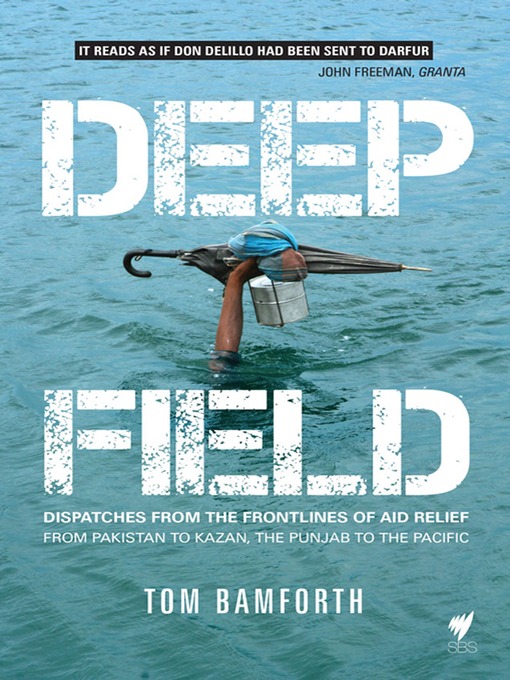Deep Field' is a UN term for humanitarian operations that take place in extremis – amid the destruction caused by war and natural disaster. In Deep Field: Dispatches from the Frontlines of Aid Relief Australian aid worker Tom Bamforth takes you with him as he responds to the challenges of delivering humanitarian aid under extreme circumstances travelling to some of the most dangerous and difficult regions of the world.
'It reads as if Don Delillo had been sent to Darfur,' John Freeman, Granta.
Full of amazing real life characters as well as Tom's insightful commentary, full of irony and intelligent reflection, Deep Field is an intensely human story, not only of current affairs and people in crisis, but of Tom himself and how someone's life can change so completely when they find themself in the wrong place at the wrong time ... or is that the right time?
Deep Field is an inspiring adventure story: a unique and humanising view of the events that hit our headlines.
Shortly before breakfast on a Saturday morning in 2005, 83000 people were crushed to death in a major Kashmir earthquake. A further three million were instantly rendered homeless across the hills of the Karakorum and the Himalaya. For Tom Bamforth, on an archaeological tour in Pakistan's North West Frontier, this was no distant event. He felt the ground shake violently, and took cover under his bed as plaster fell from the ceiling, the walls cracked and furniture crashed around him.
The numbers rose slowly, like a cricket innings, and the commentators droned. There was little new information and the television news recycled the same pictures, overlaid with a boxed scorecard showing a slowly growing body count. An apartment complex in Islamabad had collapsed: fifteen people missing. An hour later it had turned to twenty-five; by midafternoon it was 150. The army had been called up, and stood around with guns looking helpless as rapid-reaction teams with sniffer dogs arrived to pull the living from the vast pile of concrete and dust. With every news update, the death toll rose steadily and threatened to continue.

